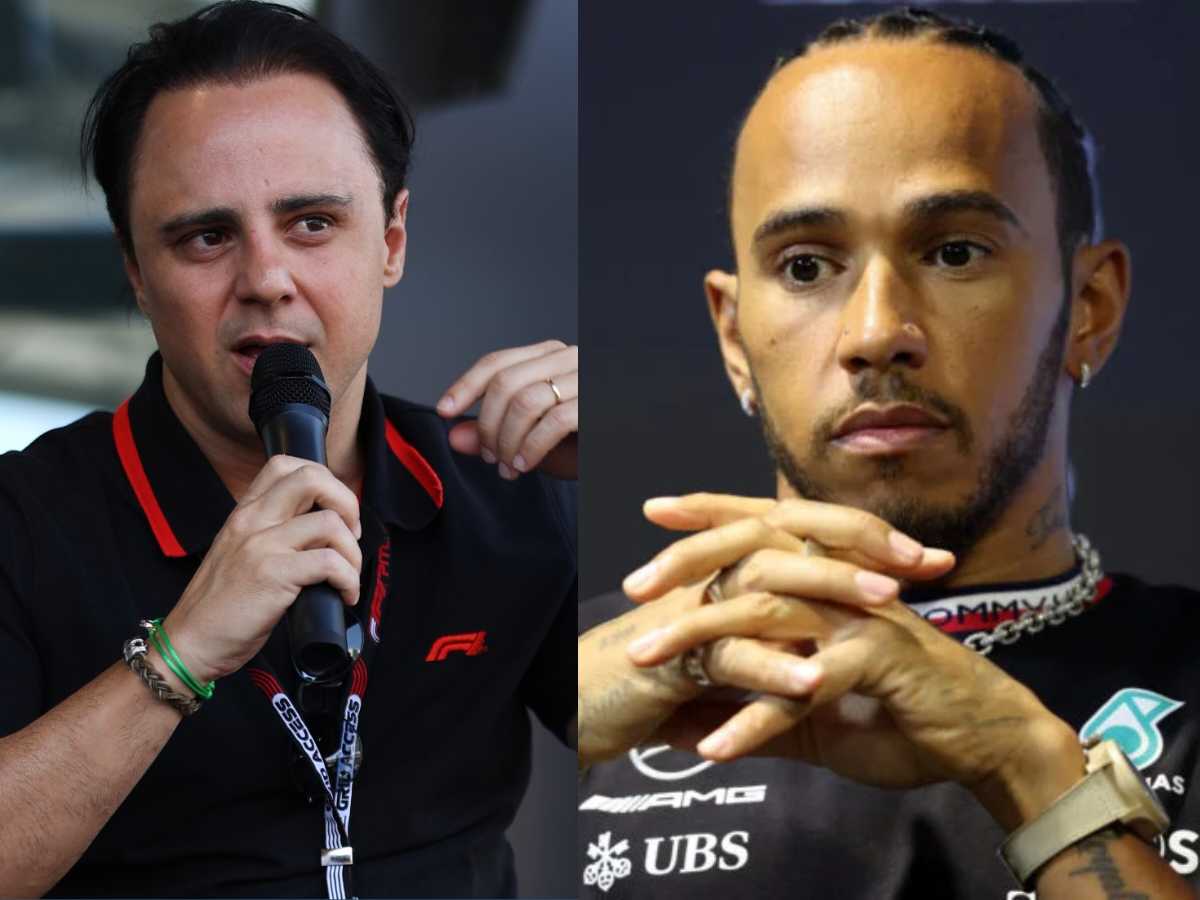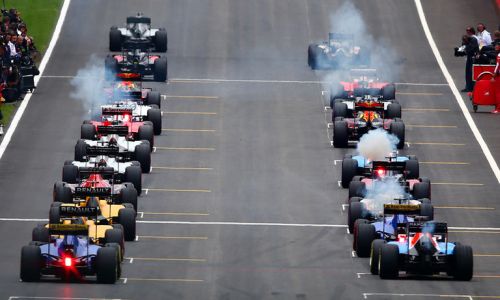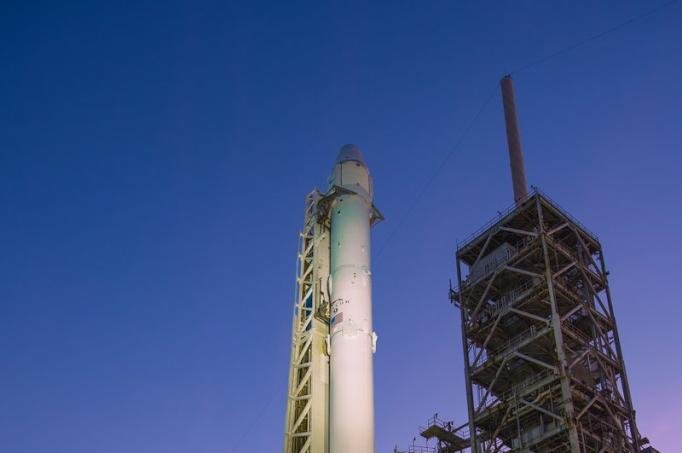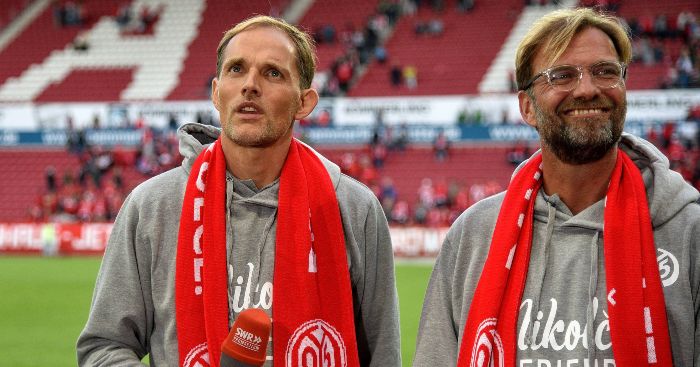Porsche's Identity Crisis: Caught Between Ferrari And Mercedes Amidst Trade Wars

Table of Contents
The Heritage vs. Modernity Dilemma
Porsche's success is intrinsically linked to its rich history. The legacy of iconic models like the 911, the 356, and the 917 has cemented an emotional connection with drivers worldwide. This heritage represents more than just cars; it’s a symbol of performance, engineering excellence, and driving passion.
-
Preserving Porsche's legacy: Maintaining this heritage is paramount. However, appealing to purists while attracting a new generation of buyers who prioritize sustainability and technology presents a significant challenge. The 911, for example, remains a cornerstone, continually updated yet still recognizable for its classic lines, a testament to Porsche's ability to innovate while respecting its past. This delicate balance is crucial for the brand’s continued success.
-
Embracing Electric and Technological Advancements: The rise of electric vehicles (EVs) is undeniable. Porsche's response, epitomized by the Taycan, showcases the brand's commitment to embracing the future. However, the challenge lies in integrating advanced technology without compromising the driving experience that defines the brand.
- The Taycan, while a technological marvel, still needs to prove its long-term reliability and affordability compared to competitors.
- Balancing performance, electric range, and sustainability is key to navigating this technological shift without alienating its traditional customer base.
- Porsche's approach to autonomous driving technology will also play a vital role in shaping its future identity and attracting new customers.
The Ferrari and Mercedes-Benz Squeeze
Porsche's competitive landscape is fiercely contested. The brand faces pressure from two distinct, yet powerful, rivals.
-
Competition from Ferrari: Ferrari occupies a unique space in the automotive market, focusing on exclusive, high-performance supercars. While Porsche competes in a broader market, Ferrari’s focused approach allows it to command premium pricing and cultivate an image of unparalleled exclusivity.
- Ferrari’s limited production volumes and high price points create an aura of exclusivity that Porsche, with its larger production volumes, struggles to fully match.
- Direct comparison of models like the Porsche 911 Turbo S and the Ferrari 488 Pista highlights the different strategic positions each brand occupies, each offering unique strengths.
-
Pressure from Mercedes-Benz: Mercedes-Benz's extensive portfolio, encompassing a wide range of luxury vehicles, including SUVs that directly compete with Porsche's Cayenne and Macan, creates significant pressure. Mercedes-Benz's advanced technology and global marketing presence present a formidable challenge.
- Mercedes-Benz's AMG performance division directly competes with Porsche's high-performance offerings.
- The overlap in vehicle segments creates intense competition for a similar target customer base.
- Mercedes-Benz's strong brand recognition and global reach pose a constant threat to Porsche's market position.
Navigating Global Trade Wars and Economic Uncertainty
The global economic climate adds another layer of complexity to Porsche's challenges.
-
Impact of Tariffs and Trade Disputes: Trade wars significantly impact luxury car sales, affecting pricing, supply chains, and consumer confidence. Tariffs can increase the cost of imported vehicles, impacting Porsche's profitability and international competitiveness.
- Changes in import/export regulations in various regions directly affect Porsche’s production and sales strategies.
- Fluctuations in exchange rates also create financial challenges for the company.
-
Adapting to Economic Fluctuations: Luxury goods, by nature, are susceptible to economic downturns. Maintaining sales during periods of economic uncertainty requires carefully targeted marketing, strategic pricing adjustments, and a focus on core strengths.
- Porsche's emphasis on creating strong emotional connections with its customer base may be key to navigating economic uncertainty.
- Adapting its product portfolio to address changing consumer priorities and preferences in different market segments is crucial.
Conclusion:
Porsche's identity crisis is a complex interplay of heritage preservation, technological adaptation, fierce competition, and global economic uncertainty. The brand must carefully balance its iconic past with the demands of a rapidly changing automotive landscape. Successfully navigating this challenge requires a strategic approach that balances its heritage with innovation, allowing it to compete effectively against formidable rivals while maintaining its position as a leading luxury performance brand. What do you think Porsche needs to do to overcome its identity crisis and solidify its position in the luxury car market? Share your thoughts on Porsche's future amidst this identity crisis.

Featured Posts
-
 Pronostics Pro D2 Colomiers Contre Oyonnax Et Montauban Contre Brive
May 20, 2025
Pronostics Pro D2 Colomiers Contre Oyonnax Et Montauban Contre Brive
May 20, 2025 -
 Formula 1 Yeni Sezonu Icin Geri Sayim Basladi
May 20, 2025
Formula 1 Yeni Sezonu Icin Geri Sayim Basladi
May 20, 2025 -
 Record Breaking Victory Darren Ferguson Leads Peterborough To Efl Trophy Glory
May 20, 2025
Record Breaking Victory Darren Ferguson Leads Peterborough To Efl Trophy Glory
May 20, 2025 -
 From Public Service To Private Practice Zachary Cunhas Career Shift
May 20, 2025
From Public Service To Private Practice Zachary Cunhas Career Shift
May 20, 2025 -
 Blue Origin Rocket Launch Aborted Technical Issue Forces Cancellation
May 20, 2025
Blue Origin Rocket Launch Aborted Technical Issue Forces Cancellation
May 20, 2025
Latest Posts
-
 Is Mainzs Henriksen The Next Big Managerial Talent After Klopp And Tuchel
May 20, 2025
Is Mainzs Henriksen The Next Big Managerial Talent After Klopp And Tuchel
May 20, 2025 -
 Aenderungen Am Bau Die Architektin Bestimmt Die Endgueltige Form
May 20, 2025
Aenderungen Am Bau Die Architektin Bestimmt Die Endgueltige Form
May 20, 2025 -
 Benjamin Kaellman Potentiaali Ja Panos Huuhkajissa
May 20, 2025
Benjamin Kaellman Potentiaali Ja Panos Huuhkajissa
May 20, 2025 -
 Jalkapallo Kaellman Ja Hoskonen Jaettaevaet Puolan Seuransa
May 20, 2025
Jalkapallo Kaellman Ja Hoskonen Jaettaevaet Puolan Seuransa
May 20, 2025 -
 Henriksen Mainzs Hope To Continue Klopp And Tuchels Legacy
May 20, 2025
Henriksen Mainzs Hope To Continue Klopp And Tuchels Legacy
May 20, 2025
